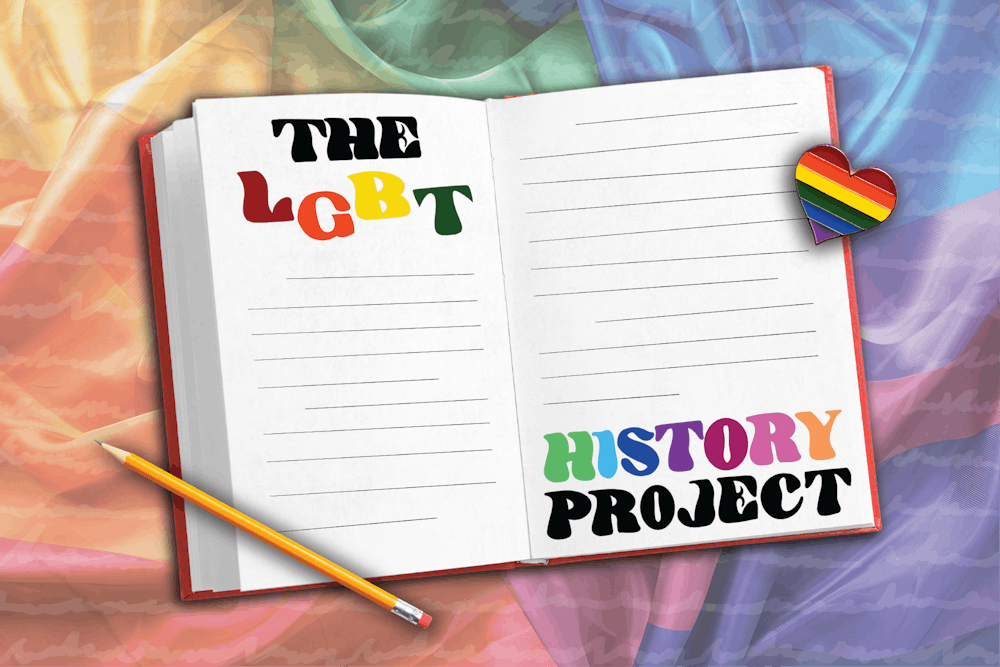Jenna Smith, a senior at Duke University, was in high school when the COVID-19 pandemic hit. During that time, she set out to learn more about queer history, so she created The LGBT History Project. Founded in 2020, the Instagram account aims to educate users about the diverse history of LGBTQ+ communities.
“I noticed that a lot of the content I was seeing really centered a particular narrative that was very cis-white male, and then it was usually New York or San Francisco, which is pretty limited in geographical scope as well,” Smith said. “And that just didn’t really seem to encompass the diversity of queer community that I knew to be true and that I felt like represented myself.”
The account currently has over a dozen Instagram posts covering a wide variety of LGBTQ+ history, from the anti-AIDS Act Up movement in the 1980s to the history of asexual and aromantic people in digital spaces in the early 2000s.
Reggie Blue, a sophomore at UNC, writes infographics for the project and works on the graphic design team. He learned about the project from flyers in the Campus Y and thought it would be a good way to help spread accurate information about queer history, something he felt he lacked access to as a teenager.
“I wanted to be involved because, as a teenager, I was not really familiar with a lot of resources for LGBT people, and I remember, especially during the pandemic, seeing a lot of low-quality discourse caused by low-quality information,” he said.
Blue said that he utilizes a variety of research methods, including searching the internet and going to the Durham County Library to look for different ways LGBTQ+ people have made their presence known throughout history.
“For the asexual and aromantic piece, it was all from really niche internet forums because that’s where those communities tend to be,” he said.
Nina Scott is a recent UNC graduate who works as a graphic designer and writer for the project. In July, she made a post on the history of LGBTQ+ nightlife in the Triangle, including the Tempo Room, which was a nightclub founded in 1956 on Franklin Street where Goodfellows is currently located.
The Tempo Room served as a gathering place for LGBTQ+ patrons in the 1960s and 70s when other Chapel Hill bars were less tolerant. For instance, in 1975, the Carolina Gay Association distributed leaflets to urge others to boycott He’s Not Here for not allowing a gay couple to dance together.




